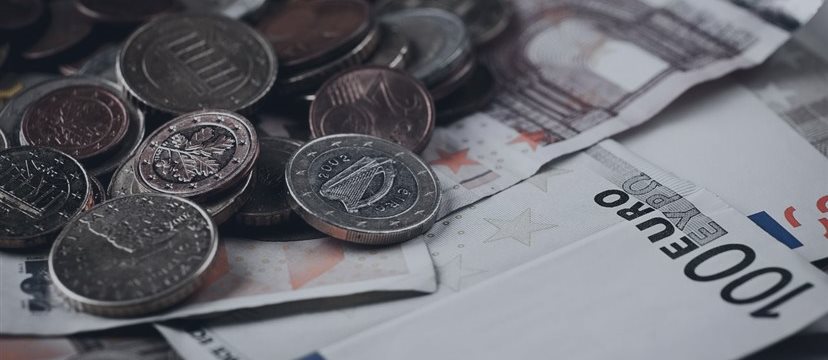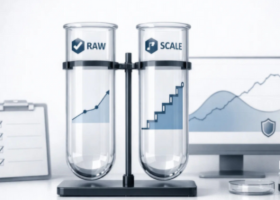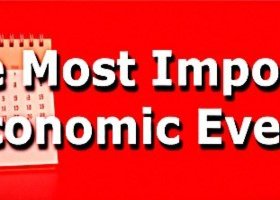
Euro, a new safe haven? Yes, analysts say, forget euro-dollar parity
Just a few months ago, more and more analysts predicted the euro-dollar parity, while today the single currency is one of the very few assets rallying. The list also includes the Swiss franc, U.S. Treasurys and gold.
The shared currency has proved the surprise outperformer,
appreciating 4.5 percent against the U.S. dollar in the last two weeks. EUR/USD was last at 1.1538 gaining 1.35%.
Economists attributed the robust performance to fading fears about European economies, with one saying the euro was
demonstrating "safe-haven" qualities.
Jens Nordvig, managing director of currency research at Nomura, said that with the case for a rate rise in the U.S. in September looking vulnerable a test to euro-dollar parity now looked extremely unlikely.
"We are now formalizing a new central case that
the Fed delays in September and that the market will start to question
lift-off in December, allowing U.S. rates to rally somewhat further than
the levels observed currently," he said.
"This is one key reason why we have talked about trading targets for euro dollar in the $1.12-$1.14 range."
Nomura revised its currency forecasts on Friday, with euro-dollar now expected to settle at $1.13 by the end of the third quarter, rather than $1.05. By year-end, Nomura expects the euro at $1.10, revised up from $1.05.
Jane Foley, senior foreign exchange strategist at Rabobank, said in an interview with CNBC that shorts on the euro (bets that the currency will weaken) had been slashed of late.
"The market has been cutting these massive euro shorts that they built up from July of last year and all the way into March. And those shorts are around about half of the size they were in March," she later added.
The search for "safe havens" was boosted on
Monday by the rout in stocks, as investors steer clear of risk assets
due to fears about the health of the Chinese economy and the upcoming
U.S. Federal Reserve meeting.
Selling on Wall Street continued on Monday with Dow dropping 1000 points and S&P 500 giving up 100 points. Asian stocks crashed to multi-month lows on Monday and the Shanghai Composite closed more than 8.5 percent down.
On the contrary, safe havens have enjoyed something of a renaissance, with gold rallying over 6 percent in the last two weeks, while U.S. Treasurys yields slid over 20 basis points to under 2.1 percent.
The yen and the Swiss franc have gained 2.5 percent and 4 percent respectively against the weaker greenback, while currency analysts turn extremely bullish in respect of the euro.
Fund manager and founding
partner at THS partners, Cato Stonex, thinks that "the boost of competitiveness to Europe, plus the fall
in oil prices, plus structural reforms, have meant that people have
taken another look at the fundamentals and decided that some of the
European countries are doing much better."
Foley said that the breakdown in the euro "carry trade" - where investors sell a currency with a low interest rate and uses the funds to buy a different currency yielding a higher interest rate - also backed the single currency.
The euro is
not going to be used as a funding currency if the carry trade doesn't work, and thus the euro is
going to remain well supported, she commented.
John
Higgins, chief markets economist at Capital Economics agreed that the euro's strength could be connected to a shift in
interest rate expectations. However, he was was not in a hurry to name it a "safe
haven".
"We doubt that the euro will strengthen further. This is primarily tied to our view that events in China, and more importantly in the U.S. itself, will not deter the Fed from hiking the federal funds rate in September," Higgins said in a note to clients.
"We also think that the central bank will subsequently raise the rate faster and further than most expect. Overall, we continue to forecast a decline in the dollar-euro exchange rate to parity by the middle of next year, as a contrast in the policies of the Fed and the ECB (European Central Bank) begins to emerge."


